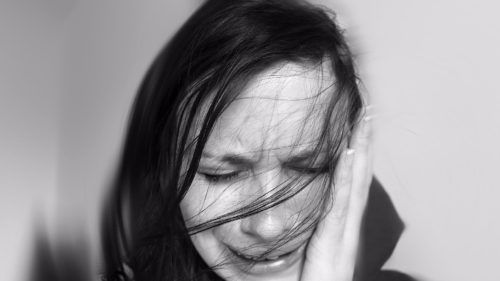Depression: Symptoms and Causes

The WHO has estimated that between the year 2005 to 2015, the number of people living with depression has increased by 18%. In fact, depression is the largest cause of disability worldwide. That is almost one in every five people.
Depression is an illness that can affect anyone. It not only causes mental anguish but also affects the person’s ability to carry out everyday tasks and at its worst can lead to suicide. However, depression can be prevented and treated.
Symptoms:
Depression is mental illness of the brain. Some symptom of depression include
- feelings of sadness
- loss of interest
- lack of pleasure and happiness
- the feelings of guilt
- low self-worth
- disturbed sleep or appetite
- feelings of tiredness
- poor concentration
Our brain’s emotional circuit is made up of three main parts: the amygdala, the thalamus, and the hippocampus. All three of them are connected together helping form new memories and they also help modulate emotions like happiness, anger, fear, and pleasure. Some studies have shown that people who have depression have a smaller hippocampus leading to lesser and slow functioning of the circuit causing depression.
Causes:
Over the years, various research studies have determined that multiple reasons work together causing depression.
The chemicals in the brains are called the neurotransmitters and are found to be decreased in depressed people. This chemical travels between the circuits modulating mood and fewer quantities can cause depression.
Genes are found to play an important role in altering mood. Certain genes make people prone to react in certain ways. These genes can also play a role in making people fall into depression after stressful situations in their lives.
The Seasonal Affective Disorder affects one to two percent of the population and caused by a change in seasons. This is especially seen when summer winds away into the winter months.
Apart from these:
- childhood losses
- physical abuse
- stressful life event like the early loss of parents
- violence
- certain medical problems like stroke, cancer, or memory disorder like Alzheimer’s dementia can also make someone prone to depression.
There are multiple reasons for depression and that is the reason that sometimes medications do not work in some people. Every year, depression affects nearly 19 million adults but this illness is often misunderstood or misdiagnosed. But the good news is that with the right treatments, medications, counseling, and family support, depression can be battled and joy can be brought into the lives of the people who suffer from it.
Disclaimer: This content including advice provides generic information only. It is in no way a substitute for qualified medical opinion. Always consult a specialist or your own doctor for more information.
